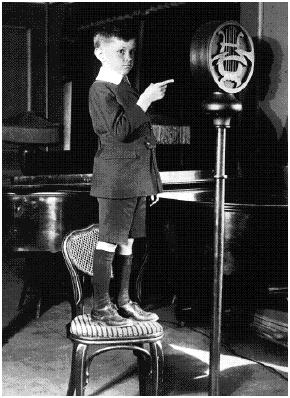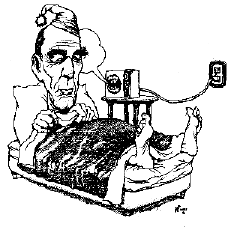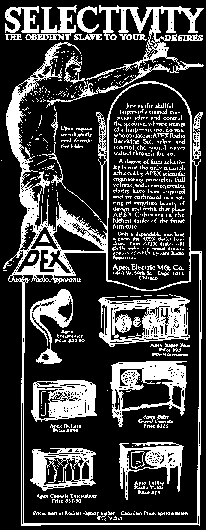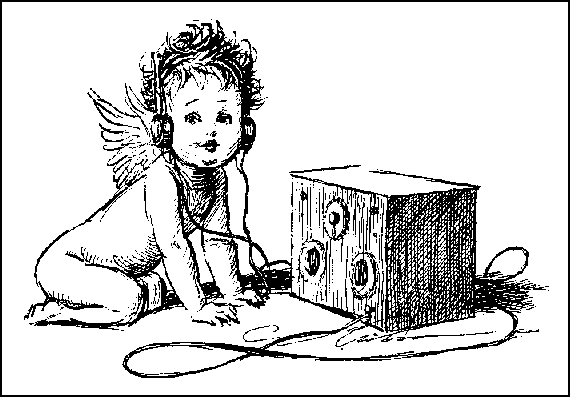To Save
The World

Soon enough my lawyer and I were sitting in the office of the assistant to the new chairman of the FCC. He was explaining what had happened to my application.
 Officials at the FCC, in close cooperation with the FBI, had deemed it vital to get KPFA off the air. My application had stated that I wanted to do the exact same kind of programming, right in the government's backyard. That's why they had been sitting on it.
Officials at the FCC, in close cooperation with the FBI, had deemed it vital to get KPFA off the air. My application had stated that I wanted to do the exact same kind of programming, right in the government's backyard. That's why they had been sitting on it.
It was illegal for the FCC to deny me (or anyone else for that matter) a permit to broadcast just because of suspicions of possible future programming activity. We were supposedly, after all, living in a democracy, with this thing they called Freedom of Speech.
In order to block my application, the government did what they always do best: they did nothing, said nothing. As you may recall, this kind of bureaucratic obfuscation had been brought to high art in Germany starting in 1933.
The Washington station was out, but they told me that there was an alternative. There was a frequency available in Seattle, Washington. It was mine if I signed a loyalty oath stating that I was not a member of the Communist Party, had never belonged to "an organization that favored the overthrow of the government of the United States."
Thousands of workers, professors, union members and professionals had been dumped from their jobs during those years because they refused to sign such a loyalty oath. They had felt, and felt strongly --- to the point of giving up their livelihood --- that our government had no right to ask such a thing of an American citizen.
Thus, I could have the station of my dreams, albeit over in the other end of the country. But to do so, I had to trash some of the ideals that had guided me so far.
I consulted my old college mate John Bevelan, a wise anarcho-syndicalist who had read Marx and Engels, knew Kroptkin and Bakunin backwards and forward. He was also a merry sort. While I had been waiting for my permit, we had spent much time walking the streets of Baltimore, going from tavern to tavern: bar-hopping as we called it in those days.
 "Look at it this way, Lorenzo," he said. "Governments are in business to protect themselves. If you don't sign, what do you have? You will end up with nothing more than the satisfaction of standing up to an asinine bureaucracy that makes stupid demands of its citizens.
"Look at it this way, Lorenzo," he said. "Governments are in business to protect themselves. If you don't sign, what do you have? You will end up with nothing more than the satisfaction of standing up to an asinine bureaucracy that makes stupid demands of its citizens.
"But if you sign, what do you get? You get a radio station. And once you get your radio station, you can do or say any damn thing you want. Especially to complain about a government that forces good people into binds like this.
"It's a long way from Washington, DC to Seattle and it's not exactly what you wanted. But it's a beginning. And who knows, perhaps, someday, you'll be able to come back and start one here."
After that, it was --- as they say nowadays --- a no-brainer. KRAB went on the air in Seattle in 1963. We put KBOO on the air in Portland in 1968, KDNA in St. Louis started up in 1969, KPOO in San Francisco in 1973. By 1980 --- friends and I had brought together some fifteen other community stations around the country.
Including WPFW, in Washington, DC. I got invited to work on their application with Stu Cooney, the president of Pacifica Foundation. He had heard of my troubles. He wanted me to be there. And I certainly wanted to be there when it went on the air.
It did so in February of 1977.
